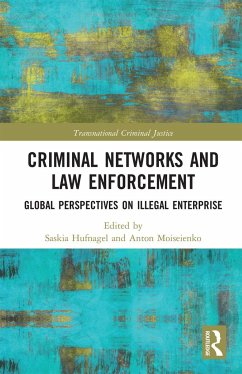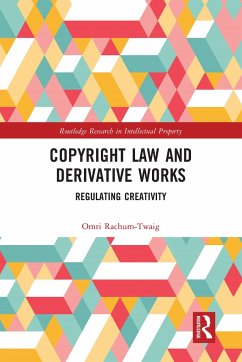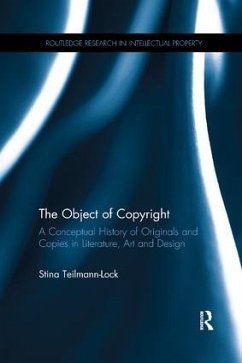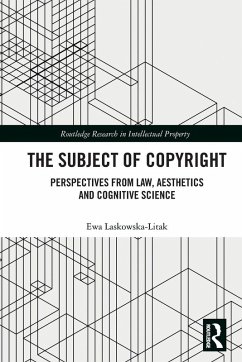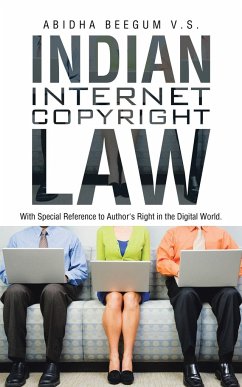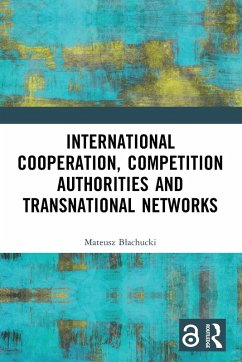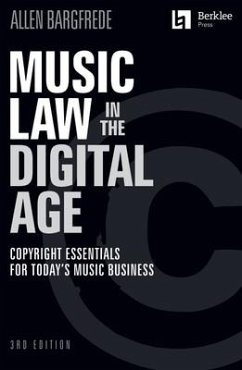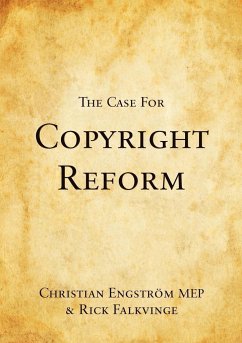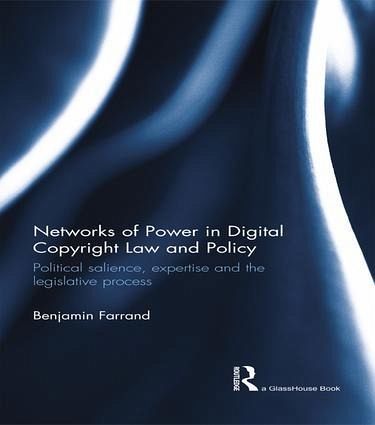
Networks of Power in Digital Copyright Law and Policy
Political Salience, Expertise and the Legislative Process
Versandkostenfrei!
Versandfertig in 1-2 Wochen
42,99 €
inkl. MwSt.
Weitere Ausgaben:

PAYBACK Punkte
21 °P sammeln!
In this book, Benjamin Farrand employs an interdisciplinary approach that combines legal analysis with political theory to explore the development of copyright law in the EU. Farrand utilises Foucault's concept of Networks of Power and Culpepper's Quiet Politics to assess the adoption and enforcement of copyright law in the EU, including the role of industry representative, cross-border licensing, and judicial approaches to territorial restrictions. Focusing in particular on legislative initiatives concerning copyright, digital music and the internet, Networks of Power in Digital Copyright Law...
In this book, Benjamin Farrand employs an interdisciplinary approach that combines legal analysis with political theory to explore the development of copyright law in the EU. Farrand utilises Foucault's concept of Networks of Power and Culpepper's Quiet Politics to assess the adoption and enforcement of copyright law in the EU, including the role of industry representative, cross-border licensing, and judicial approaches to territorial restrictions. Focusing in particular on legislative initiatives concerning copyright, digital music and the internet, Networks of Power in Digital Copyright Law and Policy: Political Salience, Expertise and the Legislative Process demonstrates the connection between copyright law and complex network relationships. This book presents an original socio-political theoretical framework for assessing developments in copyright law that will interest researchers and post-graduate students of law and politics, as well as those more particularly concerned with political theory, EU and copyright law.





